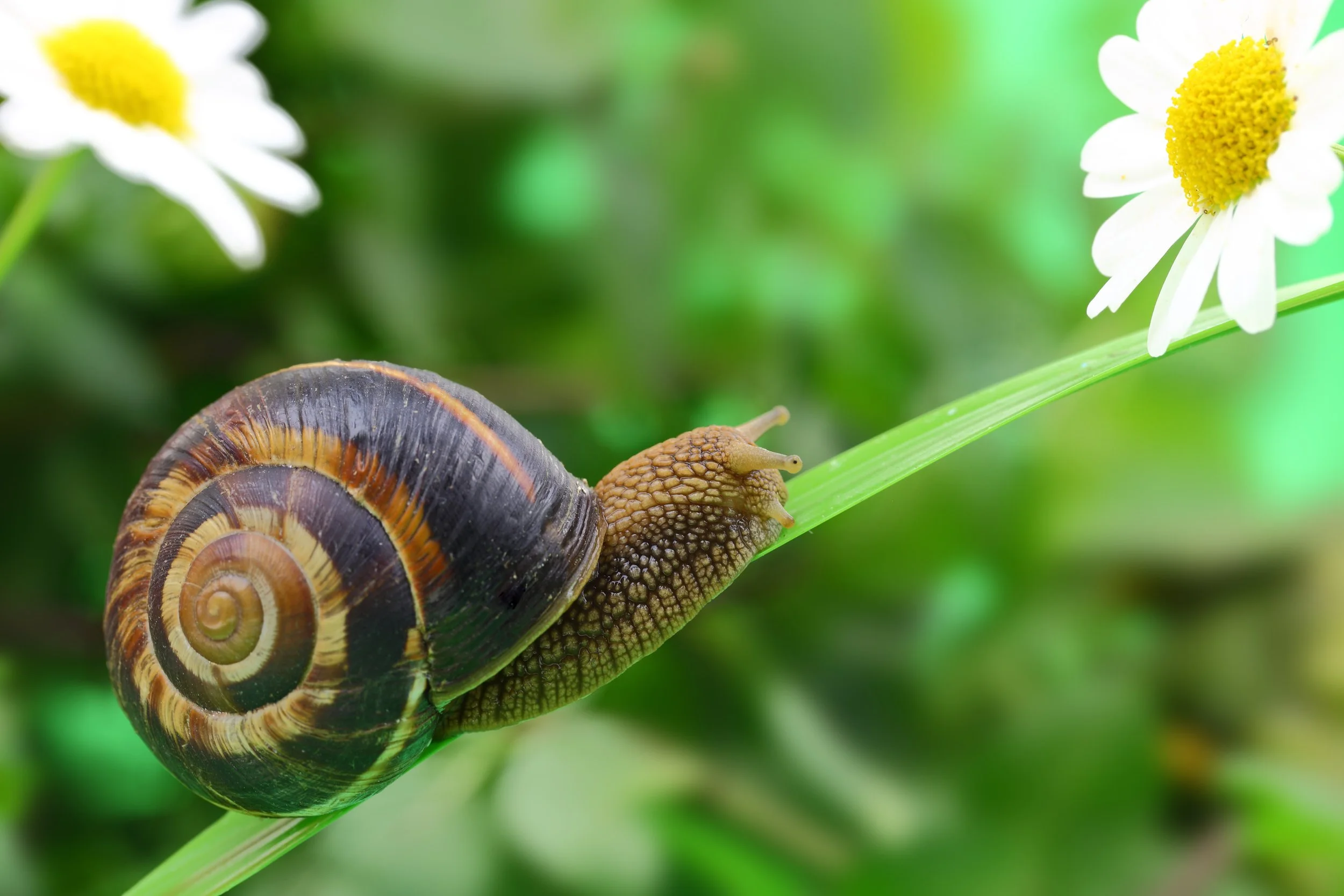TO MY FELLOW WHITE PEOPLE; STAY WITH IT
I recently read a friend’s reflection on coaching white people to do anti-racist work and my first reaction was frustration and tightness in my chest. I thought to myself damnnnn, doing so much unlearning of our conditioning just takes a lot. I thought, is this even worth it? This old familiar feeling was taking over; pessimism and hopelessness about our ability to make the change needed to combat white supremacist culture. Honestly, there’s a lot going on in our world these days that can give that feeling; never-ending pandemic, violence in our communities, a feeling of continued disconnection, and uncertainty about the future of our planet. Underneath that sense of pessimism is shame and fear, that I am not doing enough, and even deeper, that I am not enough.
So I tried again. I read his reflection one more time and I took a (really) deep breath. I felt my body relax, and my emotion changed (mostly) to feeling appreciation for the work he and his clients are doing to move us all forward. I knew it was up to me to be with the denial I was feeling without accepting the fear and discomfort I was feeling as truth.
As part of my work with Colibri, I get to spend a lot of time with other white people talking about how we can listen, grow and let go so we can act on our commitment to be anti-racist. We do this because equity and liberation are our life’s work, not a moment or fad that has come and gone since George Floyd’s murder in 2020. I get the opportunity to observe patterns across our conversations, our hopes and our fears. I get to see our mutual growing edges, and places where we often get stuck and find ourselves feeling defensive, guilty, and shameful. I see people (and myself) move bravely through to the other side of discomfort, and also where our ego or our bodies can interrupt our growth.
Ultimately when I am working with white leaders, facilitating white affinity group spaces and being in community with other white people, noticing and moving beyond characteristics of white supremacy comes just like with any other big scary thing we set out to do, with practice. A couple of key ways we practice, both internally at Colibri and with our clients are to:
Seek to understand, even if what is shared seems impossible or outside of our experience. To do this we have explicit conversations about power and our positionality to reflect on how our identities may broaden or limit our perspectives.
Reflect on what’s coming up in the moment to go beyond our reflexive reaction that may be coming from a place of fragility, “being right” or past trauma or hurt. We do this by slowing down and pausing to share, by incorporating safe ways for expressing dissent, and providing opportunities for individual, small group and affinity group sharing.
Assess where judgment arises, and where ego might hinder our ability to take in differing perspectives. To do this we practice acknowledging when our ego arises, question our motivations and reactions, and investigate assumptions.
Listen to our bodies and their responses when taking on big problems or the unknown so that when change feels overwhelming or constricting, we can feel that and still get to the root of the problem (whether in the moment, or later upon reflection).
What happens through practice is that we grow. And hard conversations get easier,much easier. Some results we see are:
We get to heal parts of ourselves we didn’t know needed it,
The parts of ourselves that we don’t love become more like old friends that we can be gentle with and not wonder why they are still around, and
We sit with our full humanity and understand that we are an amalgamation of our ancestors, our context, our families, our communities and our unique experiences and perspectives. From this understanding we release shame, guilt and fear so that we can act differently.
Our emotions run their circuit more quickly so we stay open to learning and changing.
Don’t get me wrong, this work is daunting, harm is done and mistakes are made. A couple months ago I was watching my then seven-month-old, Kymani, put in endless reps to inch his way towards crawling and was reminded that we are capable of making changes through seemingly tiny actions. His pterodactyl-like shrieks of frustration, squeals of laughs and big tears are a reminder that we have to be in our bodies and express the emotions that they surface for us to get where we want to go. Though we may be crawling when we want to be running, though sometimes it feels like I’m back at square one, I know that over time, this work has changed the way I show up for myself and others on a daily basis and my trajectory long term. This work gets easier with practice and change even starts to feel good (or less bad). I believe (and witness) that our work is enough. And that we are enough. That we always have, and can, and are, finding paths to live in a more liberatory and beautiful way.
In Partnership,
Maddie

